Human + AI
Goodbye guesswork.
Hello skill-based decisions.
Predictive, fair, and science-validated assessments — powered by AI.

Over 3,500 companies place their trust in us
Simple recruitment
3 simple steps
to successful recruitment
01
Assess more intelligently
Measure personality, motivation andsoft skills with reliable, scientifically validated assessments.
02
Predict what works
Use AI to identify your company's specific performance drivers.
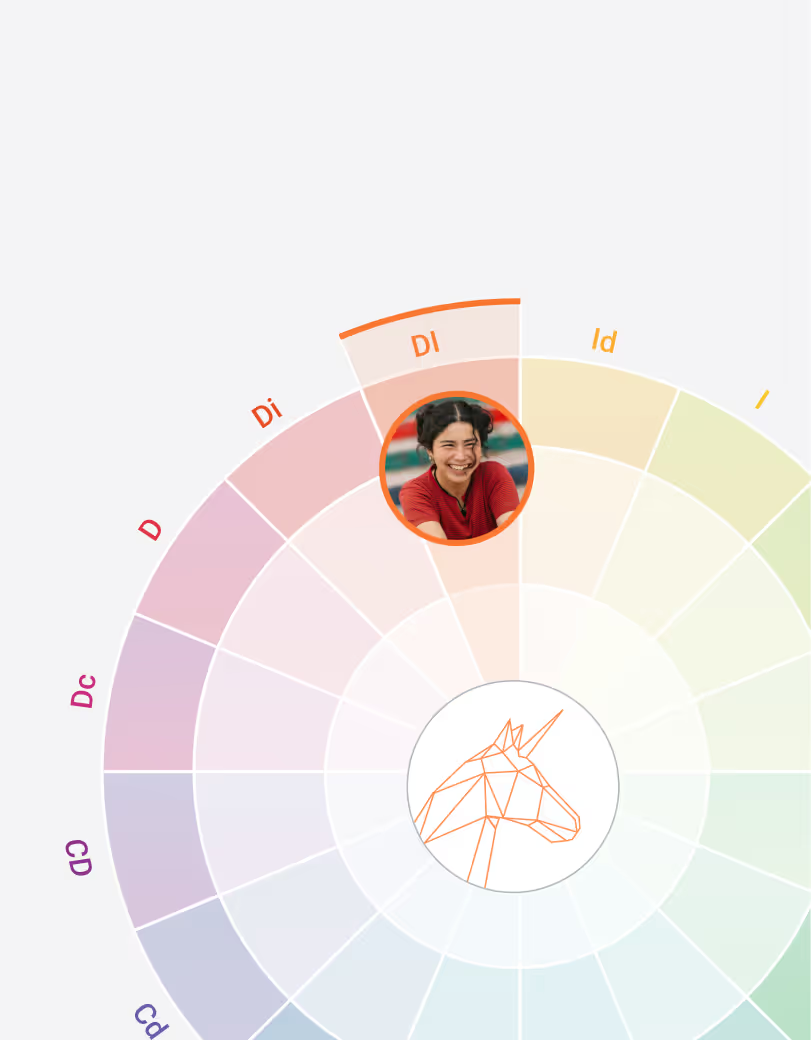
03
Act with impact
Recruit better, retain more and manage careers with confidence.

ROI
Predict talent.
Boost performance,
measure ROI.
45%
Reduction in recruitment time
50%
Reduction in turnover
78%
Fewer recruitment errors
40%
More team productivity
Simple recruitment
Predict success, maximize ROI. Build winning teams.

AssessFirst transforms your intuition into concrete results. Our AI helps you make better HR decisions
by analyzing each candidate or employee in depth -
so you can recruit faster, reduce costs and achieve
your goals faster.

Simple recruitment
Predict talent success.
Recruit, retain, develop.
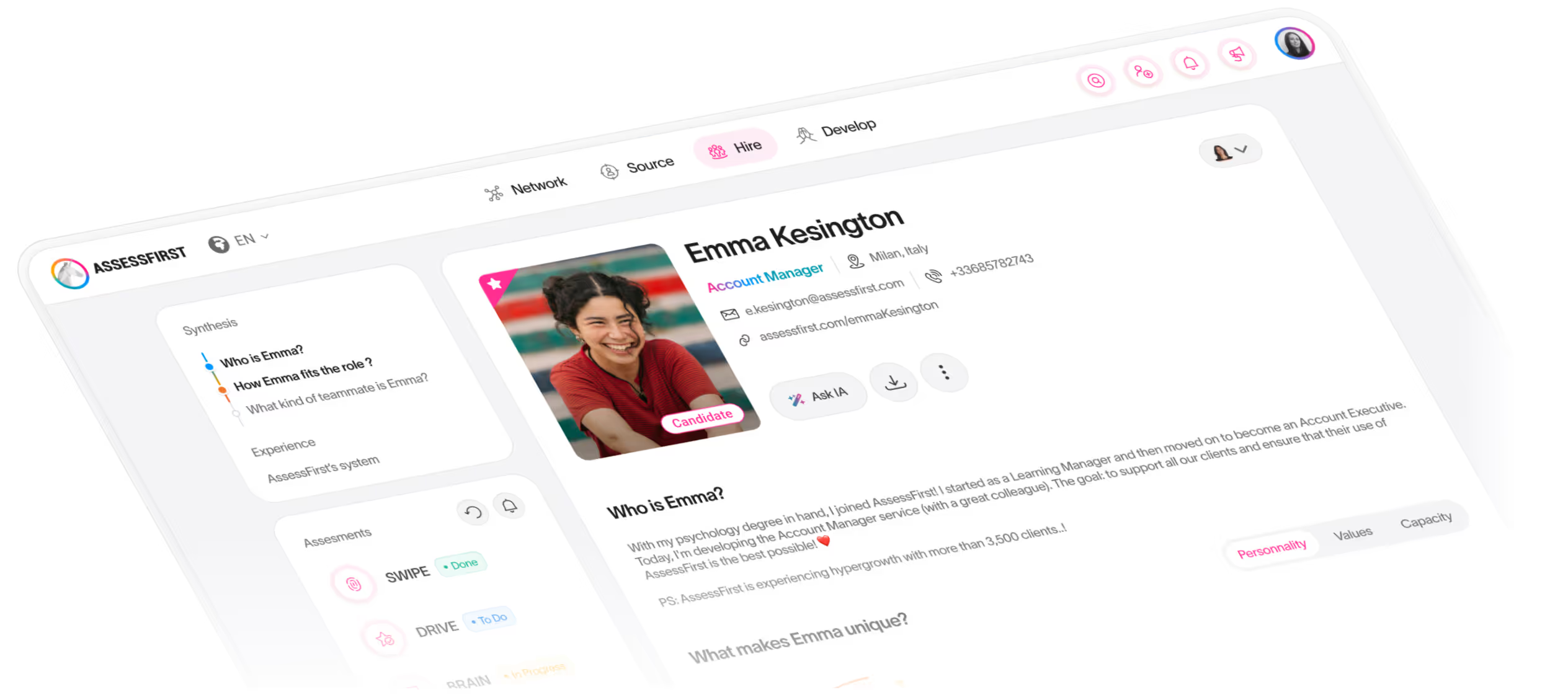
Predictive recruitment for business results
Use AI-based predictive models to assess potential success even before the first interview.
-50%
Lower employee turnover
X2.5
Higher engagement levels
+30%
Stronger team performance
55%
Time saved on every hire
Manager & team affinity analysis to reduce turnover
Go beyond the CV. Measure compatibility with teams and managers to improve loyalty.

Customized development plans to maximize the value of your talent
- Accelerate skills development
- Anticipate tomorrow's needs
- Boost engagement and retention

Platform
A complete platform to bring out
your talents' full potential
Soft Skills & Potentiel. Assess personality, motivation and reasoning with Swipe, Drive and Brain.
Technical & linguistic skills. Measure real skills with VOICE, our adaptive assessment engine.

"AssessFirst has transformed our recruitment by enabling us to quickly identify talent that fits our company culture. An indispensable tool."

Vicky Docker
Head of Talent @ BNP PARIBAS
Predictive models. Predict performance, engagement and manager affinity with our exclusive AI.
See the platform in action.

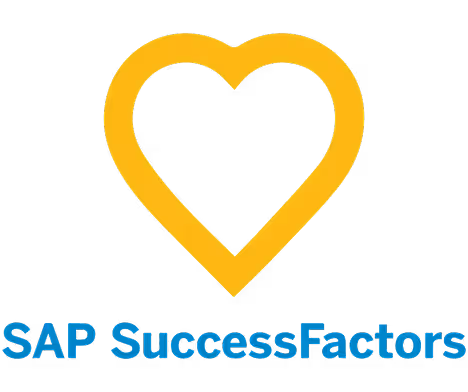


Integrates easily with your favoriteHR tools. AssessFirst connects toyour ATS and HRIS like Greenhouse, SmartRecruiters, Workday, etc.
We’ve built native, plug-and-play integrations with over 35 of the world’s most popular HR toolsNeed something custom?Our Open API allows you to connect AssessFirst to any system you use — quickly and securely




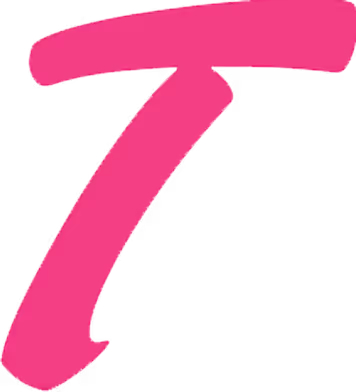


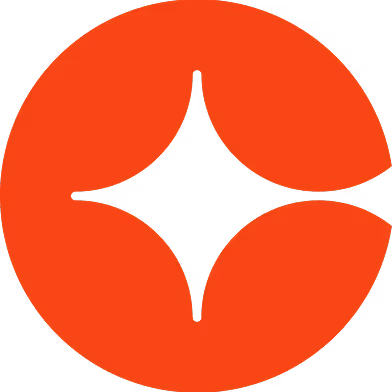
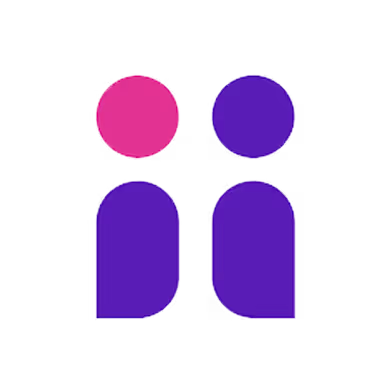

Security First
Enterprise-level security.
Serenity guaranteed.
Simple recruitment
Your data. Your rules.
Global compliance.
We adhere to the most stringent compliance standards to ensure the security and confidentiality of your data.

FAQ
Answers to your frequently asked questions
Are assessments objective and fair?
Yes. Our tests are designed to limit bias, guarantee equal opportunities and offer consistent decisions.
Is AssessFirst suitable for all types of recruitment?
Yes, from volume to rare profiles, from trainees to top management, in France or abroad.
What kind of insights does AssessFirst provide on candidates?
Personality, motivations, reasoning, cultural compatibility, performance prediction, development recommendations...
How does AssessFirst improve my recruitment process?
It enables you to make faster, more reliable decisions. Result: -50% recruitment errors, -45% recruitment time, + retention.
What is AssessFirst and how does it work?
AssessFirst is a predictive intelligence platform that combines behavioral science and artificial intelligence to assess and predict talent success, engagement and compatibility.






















